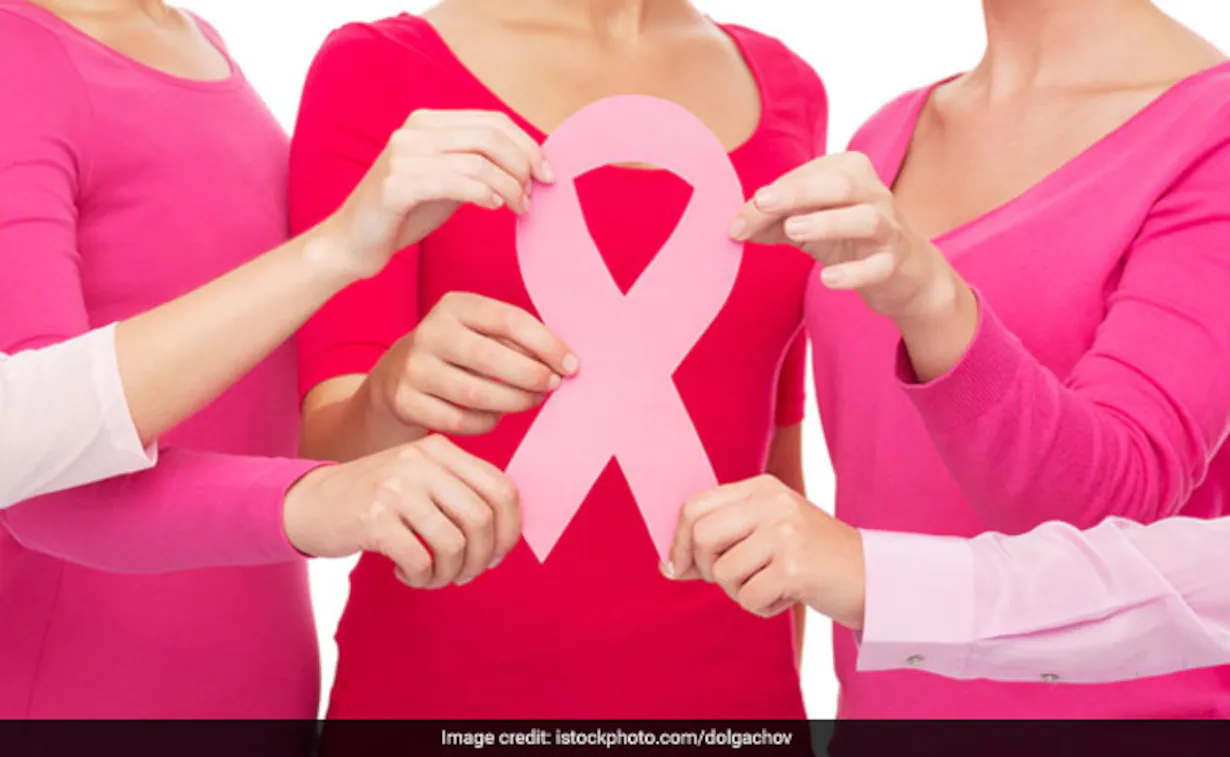Washington [United States] : A new research conducted at Oxford University demonstrates that there is no relationship between the menopausal hormone therapy that is given to breast cancer survivors and the return of breast cancer, despite the worries of certain academics and clinicians.
The results of the study were presented in a paper that was subsequently published in the “JNCI Journal of the National Cancer Institute.”
Breast cancer survivors may struggle with uncomfortable side effects such as hot flashes and night sweats, as well as vaginal dryness and urinary tract infections. These symptoms lower patients’ quality of life and make it more likely for them to stop receiving treatment.
Vaginal oestrogen therapy or menopausal hormone therapy are two treatments that could help reduce these symptoms. However, it is unknown whether or not breast cancer survivors who take systemic or vaginal oestrogen, especially those whose illness had oestrogen receptors that were positive, are at risk for adverse effects.
As a result of the finding in two studies conducted in the 1990s that menopausal hormone therapy was associated with an increased risk of breast cancer recurrence, many physicians strongly advise breast cancer survivors to avoid taking part in the treatment. Although later studies have not shown an increased risk of recurrence, the previous research had severe flaws, such as limited sample numbers and short follow-up times.
In this study, the researchers explored the relationship between hormonal therapy and the risk of breast cancer recurrence and death in a large cohort of Danish postmenopausal women who had been treated for oestrogen receptor-positive breast cancer at an early stage.
According to Denmark’s national prescription registry, the study included longitudinal data from a national cohort of postmenopausal women diagnosed between 1997 and 2004 with early-stage breast cancer. These women either did not receive any treatment or underwent five years of hormone therapy. The data came from a national cohort in Denmark.
There were 8461 women who had not undergone vaginal oestrogen treatment or menopausal hormone therapy prior to a breast cancer diagnosis. Of those women, 1957 underwent vaginal oestrogen therapy and 133 used menopausal hormone therapy after being diagnosed with breast cancer. Both vaginal oestrogen therapy and menopausal hormone therapy were evaluated for the purpose of this study. Neither treatment resulted in an increased risk of recurrence or death among the participants.
“This large cohort study helps to inform the nuanced discussions between clinicians and breast cancer survivors about the safety of vaginal oestrogen therapy,” said Elizabeth Cathcart-Rake, who wrote an editorial to accompany the article.
“This large cohort study helps to inform the nuanced discussions between clinicians and breast cancer survivors about the safety of vaginal oestrogen therapy.”
According to these findings, breast cancer survivors who are currently on tamoxifen and who are suffering significant genitourinary symptoms may be able to receive vaginal oestrogen treatment without seeing an increase in their risk for a second instance of breast cancer. However, care is still urged when contemplating the use of vaginal oestrogen for breast cancer survivors who are already taking aromatase inhibitors or when contemplating the use of menopausal hormone treatment.











